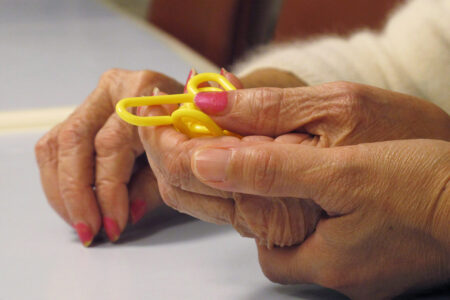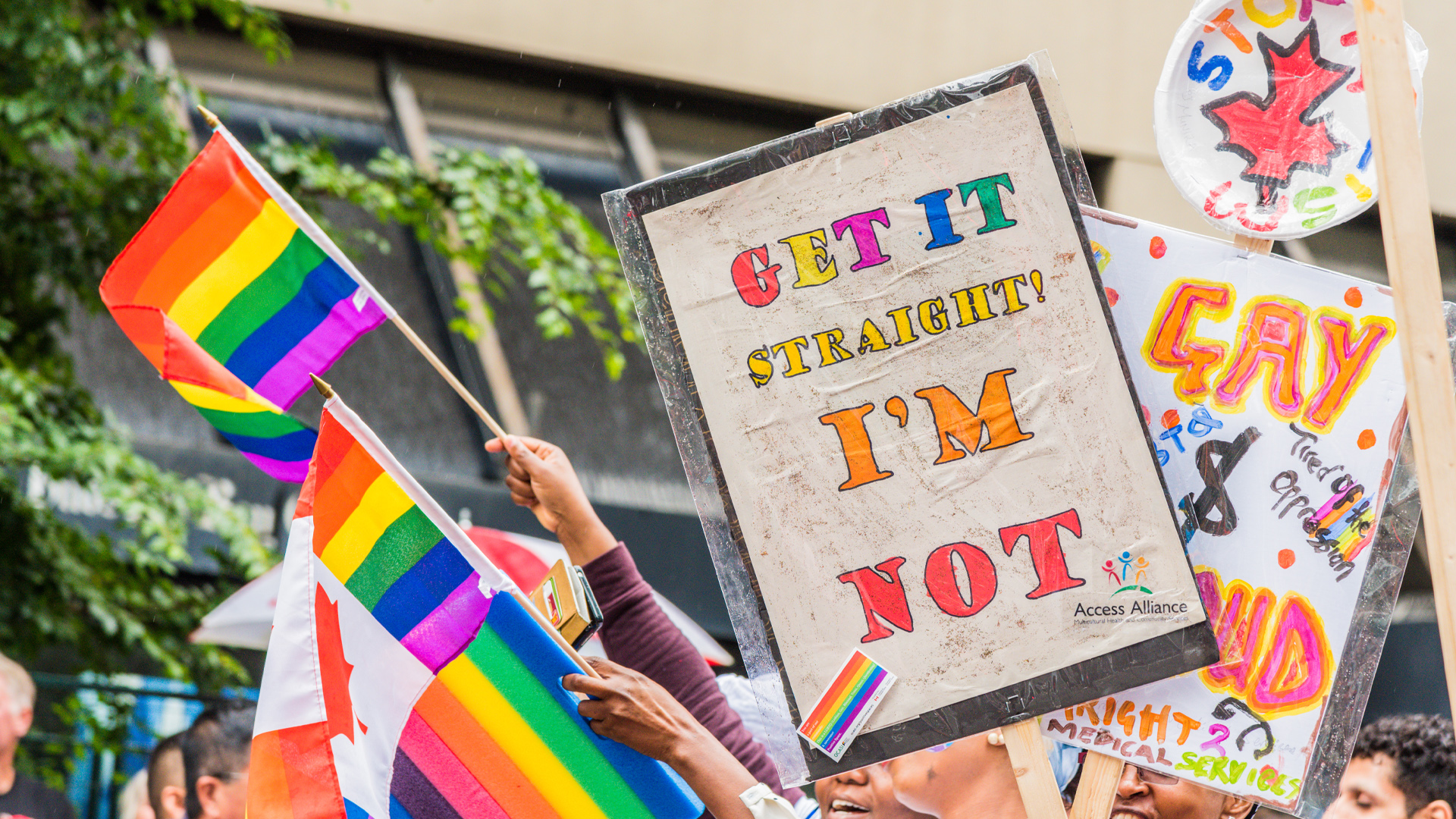
Is the prime minister playing politics with legislation aimed at outlawing conversion therapy?
Justin Trudeau’s government has introduced a bill promising to ban conversion therapy for a third time since taking office six years ago. Some advocates for LGBTQ rights say the new bill is an improvement over previous attempts to pass a law. As political scientists, we fear it is another attempt to sow discord among opposition parties rather than a genuine effort to eliminate the practice. After all, every political party plays politics when in power.
Conversion therapy tries to transform a person’s sexual orientation to heterosexual, repress any sort of non-heterosexual attraction and change their sexual identity to align with their sex at birth. The International Rehabilitation Council for Torture Victims says conversion therapy is a “cruel, inhuman and degrading” practice that violates basic human rights and medical ethics. Conversion therapy can also “lead to depression, anxiety, drug use, homelessness, and suicide,” especially among minors, says Human Rights Campaign. So long as conversion therapy remains legally permissible, LGBTQ people remain vulnerable to these life-altering effects.
Legislation aimed at outlawing conversion therapy was originally introduced as Bill C-8 in March 2020 but was shortly removed from the Order Paper, along with 19 other bills, after the prime minister prorogued Parliament in August of that year.
In October 2020, the bill banning conversion therapy was reintroduced by Minister of Justice David Lametti as Bill C-6. More than five months after the legislation was approved by the justice committee, the Liberals called the bill to the floor of the House of Commons for debate, with 305 MPs voting in favour and seven Conservative MPs voting against it. The House eventually approved the bill in June 2021, but this time 63 Conservative MPs voted against the legislation.
While the legislation did make it to the Senate, the Senate did not finish reviewing Bill C-6 before rising for the summer. Shortly after the upper house adjourned, Bill C-6 died in a Senate committee – like all other unpassed legislation – due to Prime Minister Trudeau’s federal election call, marking the end of Parliament’s second attempt to ban conversion therapy.
So why did Parliament fail to pass Bill C-6 and outlaw conversion therapy?
In a television interview with CTV News, the prime minister argued that the Conservatives were to blame because they had actively opposed the ban and had obstructed the legislation’s progress by using “procedural tactics.”
An NDP news release argued the bill died because “the Liberals didn’t make it a priority.” The party said the prime minister “gave the false impression that turmoil in the House” was responsible for the bill’s failure. The NDP insisted they were willing to partner with Justin Trudeau to expedite the ban.
Official Opposition leader Erin O’Toole said his caucus was not at fault and that his party “opposes conversion therapy.” According to one report, Mr. O’Toole said the prime minister’s legislative mismanagement and failure to heed Tory amendments to the bill’s wording were to blame for Bill C-6’s failure, not obstruction from the Conservative caucus. As mentioned above, during second reading, only seven Conservative MPs voted against the bill, suggesting the party generally supported the idea of banning conversion therapy. Sixty-three Conservative MPs voted against the bill during third reading after the Liberals rejected their call to better define conversion therapy, according to comments made by Conservative Justice critic Rob Moore after the vote.
Overall, all three parties seemed to support the idea of banning conversion therapy, yet the bill failed to become law. What explains this outcome? We think the death of Bill C-6 was likely the result of strategic manoeuvring by the governing party, something that both the Liberals and Conservatives have done in the past when they have been in power in Ottawa. According to Jean-François Godbout and Bjørn Høyland, these parties, when in office, have frequently used their control over the legislative agenda to sow discord and disagreement within and among opposition parties in hopes of increasing their electoral fortunes. Events suggest a similar strategy may have doomed Bill C-6.
During the legislative process for Bill C-6, the governing party exploited its control over the agenda to turn conversion therapy into a wedge issue and divide the Conservatives over definitional concerns. For example, the Liberals waited just weeks before Parliament rose for the summer to call the bill for a third reading. Rather than using its control over the agenda to call the legislation to the floor of the Commons sooner so the Senate would have adequate time to properly review the bill, the governing party blamed the Conservatives for using procedural tactics to kill the bill. As the agenda unfolded, the Liberals refused to work with the Conservatives to clarify the broad definition of conversion therapy, prompting nearly half the Conservative caucus to vote against it.
Although the concerns raised by many Conservatives during third reading debates did contribute to the bill’s delay, a non-exploitative agenda could have countered it. In October 2020, Mr. O’Toole made it public that members of his caucus would be granted a free vote on Bill C-6. During free votes, the debate process takes longer as party discipline is not imposed. While the Conservatives could have helped push the bill’s progress along during the House debates, the Liberals could also have pushed things along by shutting down debate and calling a vote sooner.
Shortly after the legislation passed in the House of Commons in June, the prime minister embraced the narrative that the Conservatives did not want to support the LGBTQ community, LGBTQ children, or the ban on conversion therapy. During the leaders’ debate in September, the prime minister accused the Conservative leader of being opposed to conversion therapy and claimed that O’Toole would be unable to get his caucus to pass the bill. The Liberals also used campaign communications to claim that more than half of the Conservative caucus was against banning conversion therapy.
So what should we expect as the Liberals’s latest legislation to ban conversion therapy works its way through Parliament? If the Liberals are serious about passing this legislation, they will seek consensus by taking Conservative recommendations for definition amendments seriously and include some of them in a new version of the legislation. Alternatively, the prime minister may choose to do what he and other Liberal and Conservative leaders have done before, which is to use his control over the legislative agenda to partner with the NDP or BQ to fast-track the legislation in the hopes of sowing division among the Conservative Party for short-term political gain. If history is any indication, the governing party will likely choose the latter strategy.
Now that the election is over, we hope all parties will work together to pass this ban on conversion therapy.












